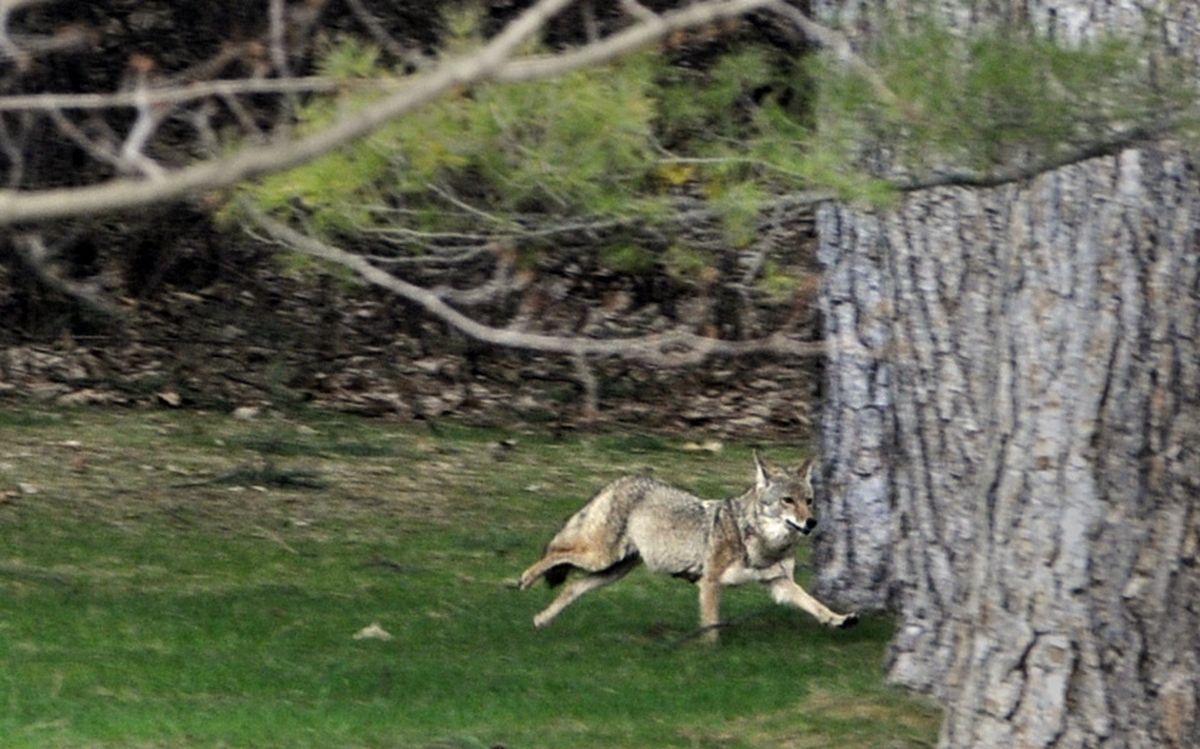Arboretum takes squirrel control to a lethal level
Parks using propane to blow up burrows

Ground squirrels have invaded Finch Arboretum, and they’re turning the grounds into Swiss cheese.
Even worse, it’s breeding season.
Spokane Parks officials are launching a counterattack with a weapon – the Rodenator Pro – that injects the squirrels’ holes with propane and oxygen and sparks an explosion that shakes the ground and collapses their burrows.
It also turns the little critters into fertilizer, leaving them in the ground to decompose.
“Something needed to be done,” parks worker Doug McKay said after detonating a hole Monday.
Normally, ground squirrel populations would be kept in check by natural predators such as hawks, snakes and coyotes. But urban development has altered the ecosystem, allowing the rodents to thrive.
They’ve been a problem at the arboretum for years, but the population started exploding two years ago.
“They are all over the place,” said Steve Nittolo, the city’s horticulture supervisor.
He and gardener Sally Sullivan estimated that the arboretum has 200 to 300 of the squirrels, which can be seen scurrying across the grounds or popping their heads out of their holes.
The squirrels love the cultivated spaces where newer trees are growing, and their burrows damage the roots. Their holes also drain away sprinkler water, preventing it from soaking into the ground evenly.
Last year, an elderly man tripped in a hole near the parking lot, and he and his wife tumbled to the ground, Sullivan said. And Nittolo said he received a complaint a year ago from a neighbor concerned about the spread of disease from the squirrel infestation.
The Rodenator efforts have been stepped up in recent days in an effort to reduce the squirrels’ population before breeding increases their numbers.
According to the company’s Web site, the Rodenator causes “an instantaneous underground shock wave of concussive force that eliminates the pests and in some (species specific) cases collapses some of the existing tunnel structure thus preventing immediate reinfestation.”